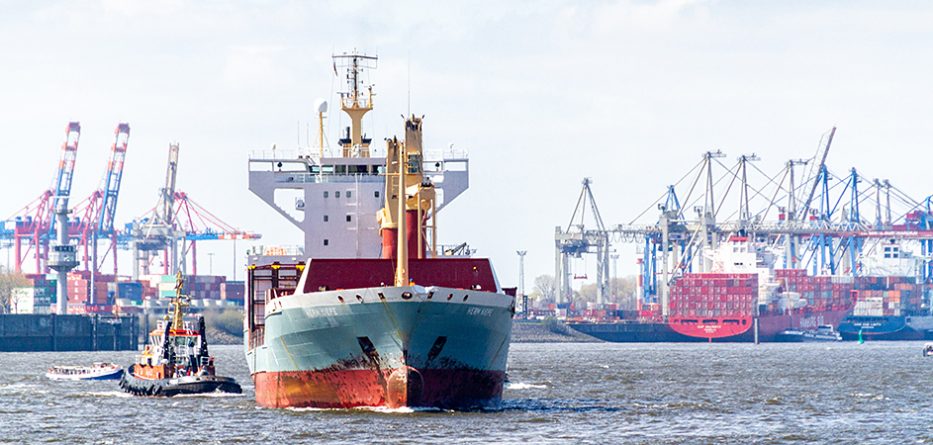June 25 is the International Maritime Organisation’s Day of the Seafarer
At first sight, the Day of the Seafarer might strike us as a celebration left over from the distant past. It awakens nostalgia. It recalls times when crossing the seas was a long and lonely business that cut off sailors from contact with the land, separated them from family for a year or more, and made every homecoming a source of joy and relief for them. Psalm 107 catches the awe and terror in which the sea and seagoing were held by land-locked mortals:
Those who go down to the sea in ships,
plying their trade on the great ocean,
have seen the works of Yahweh, his wonders in the deep.
By his word he raised a storm-wind, lashing up towering waves.
Up to the sky then down to the depths! Their stomachs were turned to water;
they staggered and reeled like drunkards, and all their skill went under.
Today ships are larger, stronger and constantly in contact with other ships and the shore. Sailors are much less at risk of being lost at sea. But the lives of people who work on ships remain challenging. During the Coronavirus, shutdowns attention focused on passengers on cruise ships, whose holiday of a lifetime turned into an experience of captivity. The staff members who cared for their needs and desires on board, ranging from the ship’s crew, to the support staff, the cooks and kitchen staff, the cleaners and launderers, musicians and entertainers and other employees, received much less attention. It was estimated that some 100,000 people were trapped on cruise ships during the crisis as port after port refused them permission to land.
Crew members often work under harsh conditions. Ships, owned by wealthy first world corporations, are often registered under flags of convenience in developing nations that free the investors from paying award wages and from obligations to keep their employees safe and guarantee their employment. Crew members on fishing vessels in many parts of the world are badly paid and fed, bullied and risk being beaten or even killed if they complain. They are caught in a culture of greed and inequality, in which people are disrespected for their humanity, but used and abused for their profitability. The most publicised images of exploitation are the small, unseaworthy and grossly overloaded boats on which people seeking protection from persecution and hunger go into debt to purchase a seat, often only later to sink and be drowned. The crew are often vilified as exploiters of misery. But they, too, are often poor and are driven by ruthless business people to risk their own lives as well as those of their passengers in order to support their families.
One of the traditional services of churches to sailors and members of the crew has been to accompany them on board ships and to provide a meeting place for them while they are on shore. Some cruise ships carry chaplains for the passengers. Their services are also appreciated by members of the crew who often come from nations with a rich Christian culture. The daily Eucharist that they offer is received as a precious gift.
From scriptural times, many people have found that time at sea encourages reflection on what matters in their lives, and has brought them closer to God. Psalm 107 also celebrates the blessings:
They cried out to Yahweh in their distress,
he rescued them from their plight,
he reduced the storm to a calm, and all the waters subsided,
and he brought them, overjoyed at the stillness,
to the port where they were bound.
Fr Andrew Hamilton SJ writes for Jesuit Communications and Jesuit Social Services.








